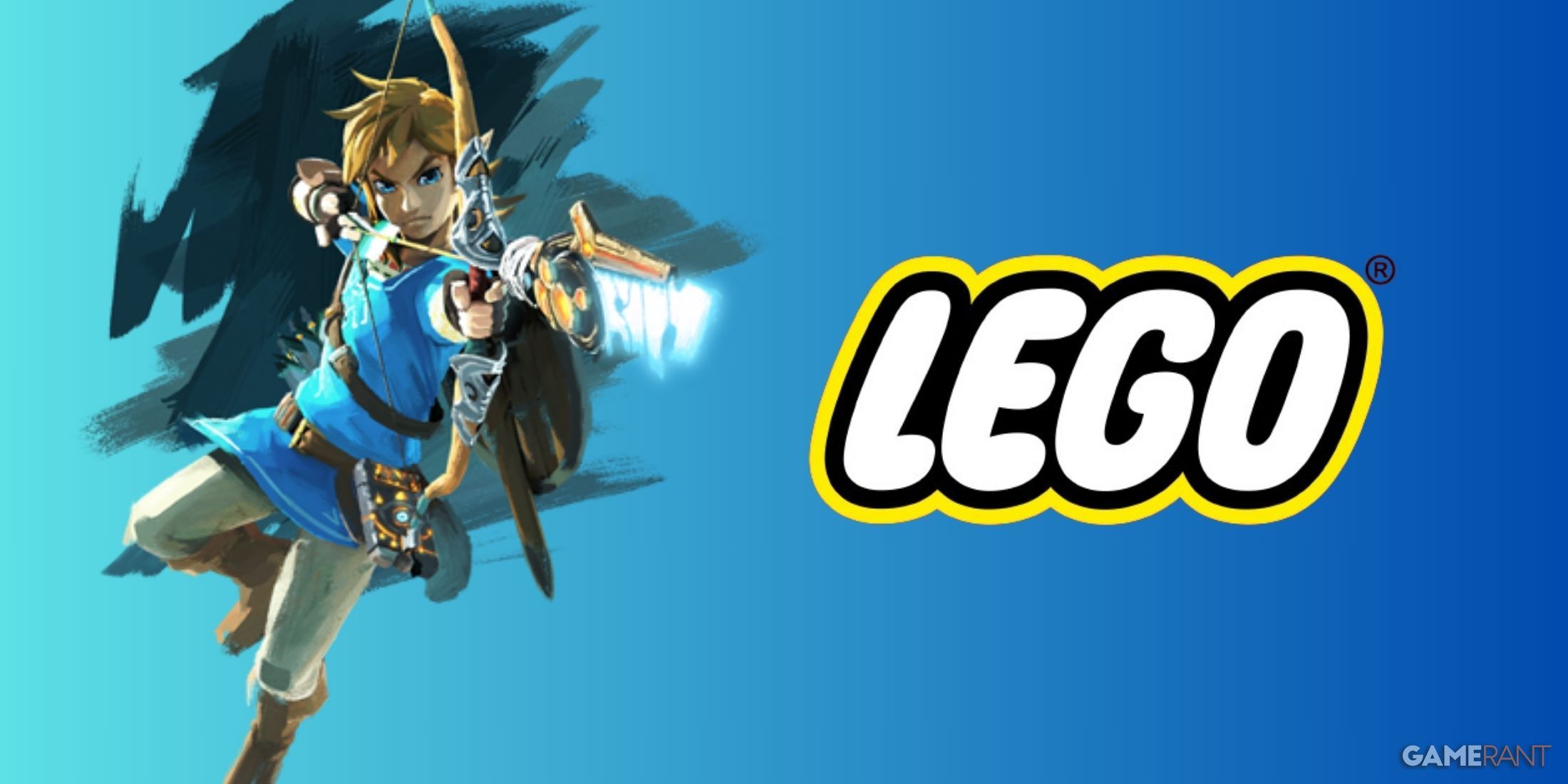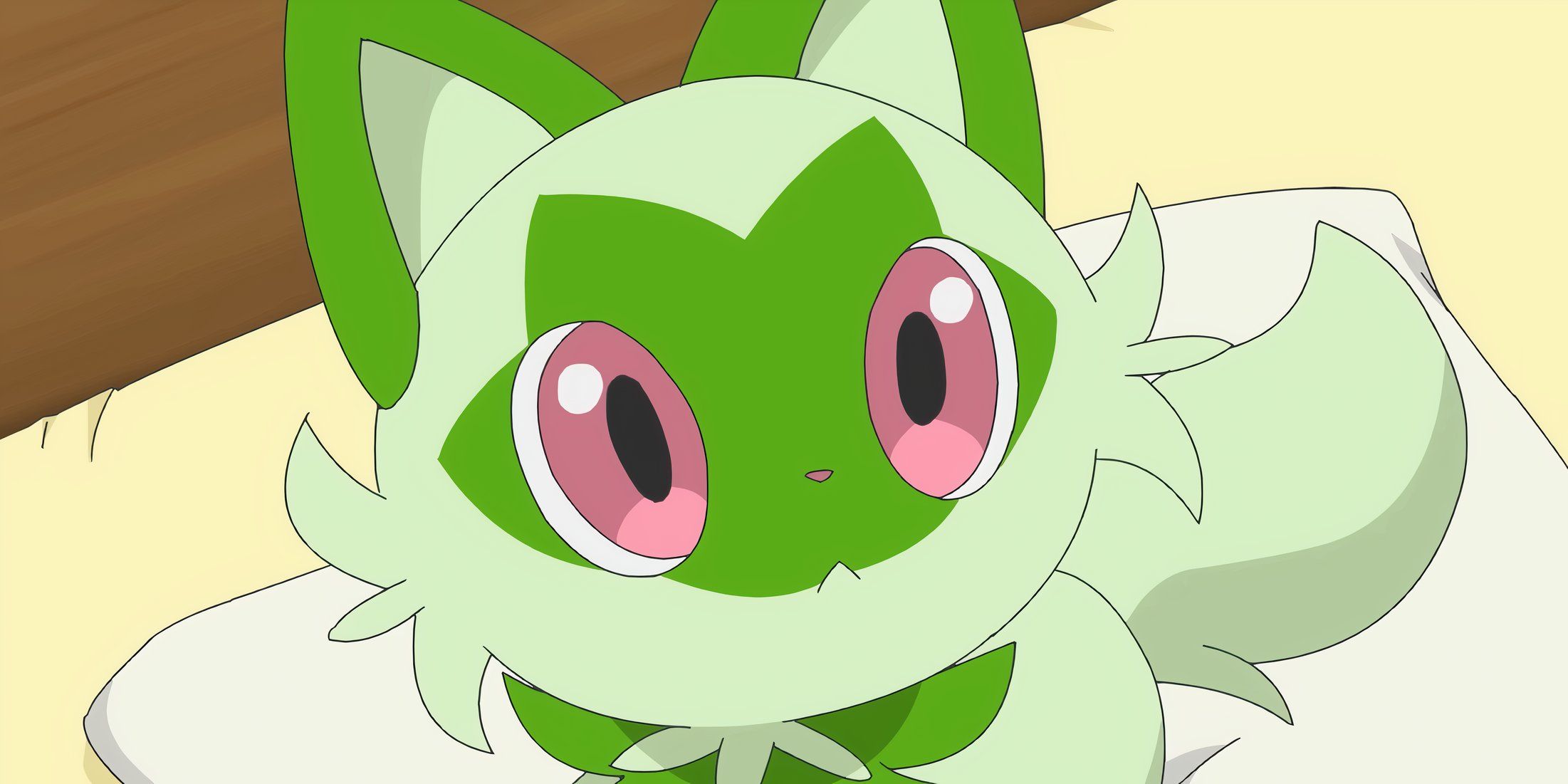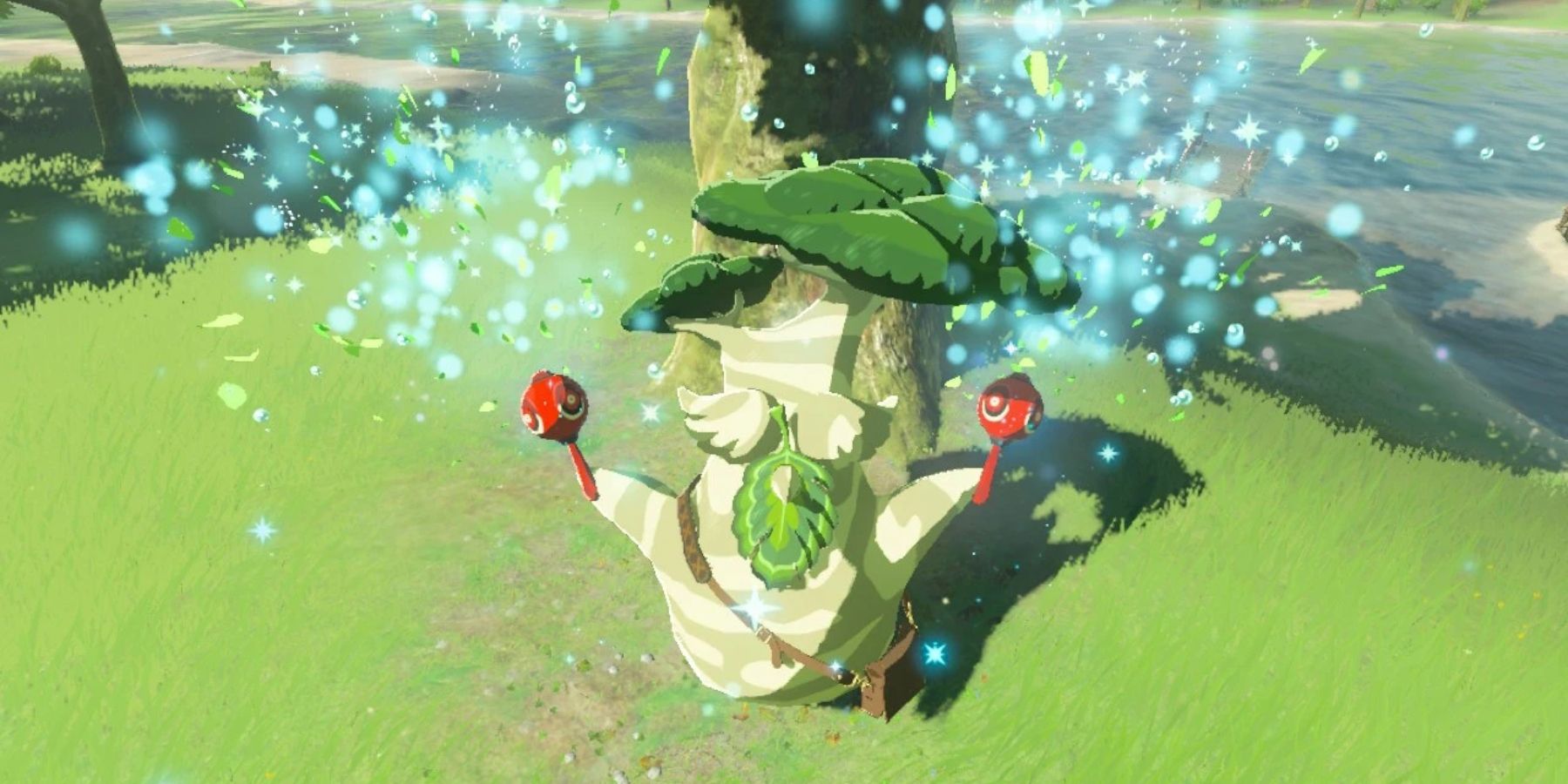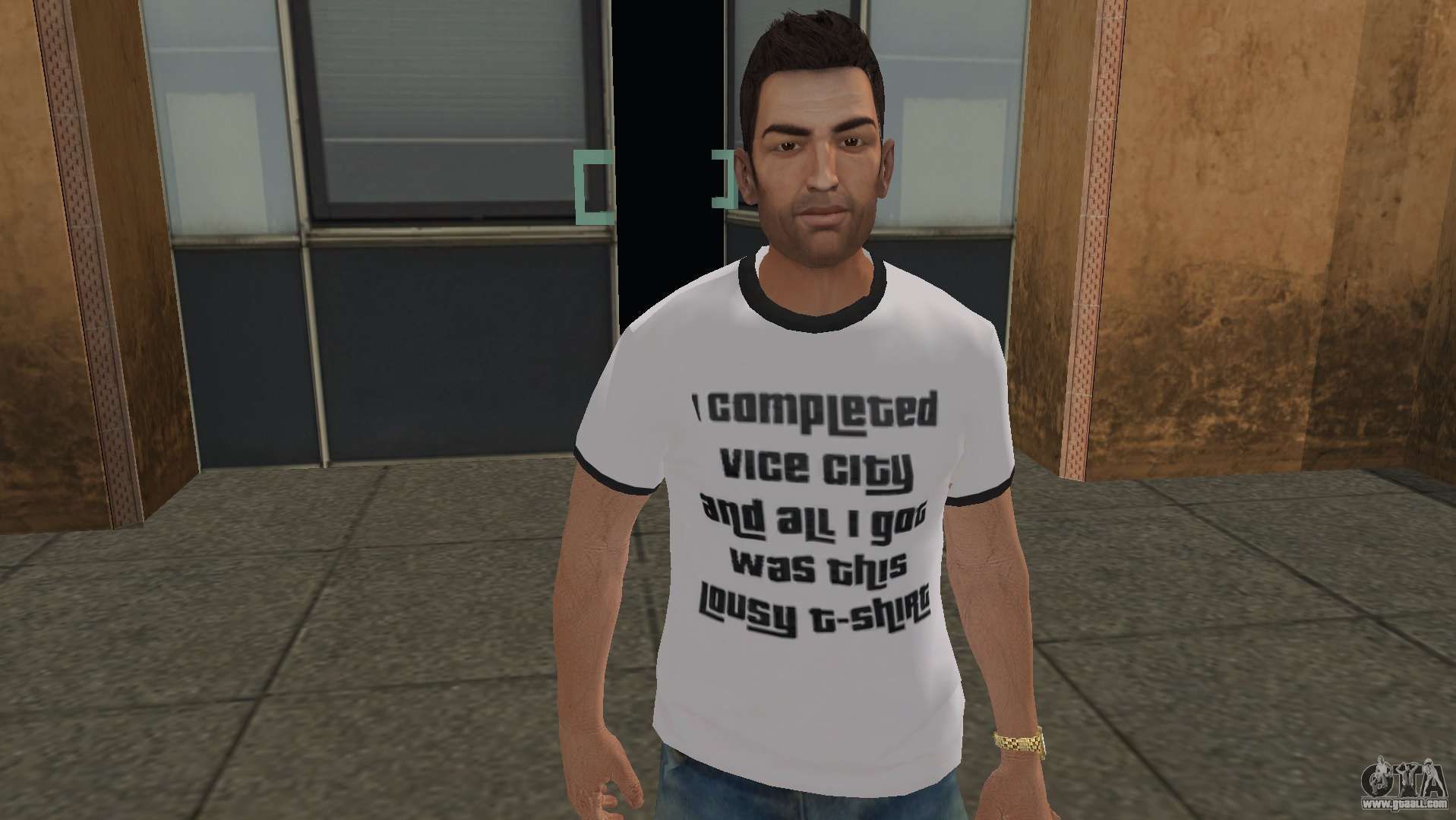When picking up a video game, every gamer has full intentions to beat it, and see the story through to the end. While many players do make sure that they roll credits on every game they pick up, regardless of its quality, only some are determined to complete the game fully, and hit that 100% mark. The best games reward those determined few, giving them not just a platinum trophy for their efforts, but some kind of in-game reward like exclusive loot or a new area to explore. Then, there are games that instead choose to ridicule the player for all the time they've devoted to the game, and they're all guilty of using the 'Completion mockery' trope.
Completing a video game to 100% can be one of the most satisfying experiences in the gaming world, but thanks to the 'Completion mockery' trope, this experience isn't guaranteed. Instead, in many games, when players hit that 100% mark they won't be rewarded with a new mission or shiny piece of armor, they'll be actively mocked for fully completing it, and there are a variety of different ways games do this.
Best Examples of the 'Completion Mockery' Gaming Trope
One of the most recent, and most infamous examples of the 'Completion mockery' gaming trope can be found in The Legend of Zelda: Breath of the Wild. Being a sprawling open-world adventure game, Breath of the Wild naturally has a lot for the player to explore and discover, from its slew of Shrines, to its Divine Beasts, to all of the side errands Link can pick up along the way. But by far the most tedious and time-consuming activity is locating all of the game's Korok Seeds, all hidden behind environmental puzzles.
After collecting all 900 Korok Seeds, the player can return to Hestu, who after a brief firework display hands Link a "gift" with the description "it smells pretty bad," and an icon that looks suspiciously foul. Getting every Korok Seed not only gives the player a useless collectible, but the collectible is a disgusting one that mocks all of the time the player's put into the quest.
The 'Completion mockery' gaming trope can have many different faces. One of these is a unique piece of clothing only obtainable through 100% completion. Grand Theft Auto: Vice City has a great example of this. When players fully complete Vice City, all they're given is an in-game T-shirt that reads "I Completed Vice City and All I Got Was This Lousy T-Shirt." Occasionally, the 'Completion mockery' trope can manifest in the form of a trophy/achievement. In The Binding of Isaac, for instance, reaching 100% completion for the base game and its expansions grants the player the "1,000,000%" trophy, its icon showing a bright red stop sign that reads "Just Stop!."
One of the most common forms of the 'Completion mockery' trope in gaming is through dialogue or on-screen text. In the iconic 2004 Spider-Man 2 game, Bruce Campbell's narrator mentions at the start of the game that if the player collects every Hint Token in the game, then he'll say something different when they return. When players do return, they'll be treated to Campbell literally saying "something different." Completing Infamous Second Son yields similar results, with Delsin saying that his and the player's relationship is "officially...done" after the player gets the platinum trophy.
More often than not, the 'Completion mockery' trope directly derides the player for spending so much time with the game, and it's extremely common for the player to be told to "go outside." In the original Gex, after beating the game and its secret level, players are shown an extremely lengthy credits sequence in which the player is repeatedly told how excellent they are at the game. But after this lengthy tirade, the tone shifts, and the game asks the player if they just spend all day indoors playing games. Gex's credits then go on to say that the player could have done so much more with their time, even saying that they could have "found a cure for cancer."





